Iron is a very important mineral in the body as every cell needs it to function healthily. The medical name for low iron levels is anaemia which means there are lower than normal numbers of red blood cells in the blood. Our immune system needs iron to fight off infections, it is required for healthy skin, hair and nails and for healthy brain development. Iron is essential for normal child growth and intellectual development, and in the normal functioning of cells and hormones. It is needed to produce proteins called haemoglobins and red blood cells to carry oxygen around the body.
Low iron is the most common dietary deficiency in the world, mainly affecting women and children. Babies are born with enough iron stores for their first six months of life when fed on milk alone. After six months of age, they need iron-rich food added to their diet to keep up with their growth requirements. Children and teenagers are actively growing as well as having growth spurts which require a lot of iron. It is very important that they have a good diet that includes iron. Women with heavy periods can be prone to iron deficiency anaemia because of monthly blood loss. Pregnant women also need more iron to account for their increased blood volume and the iron requirements of their baby. Women who are breastfeeding also have increased iron requirements. Athletes, vegetarians, vegans and people on restricted diets who do not eat enough iron-containing food for their daily requirements are also more at risk of developing anaemia.
Other causes of low iron can be due to poor iron absorption. Some medicines bind to iron and stop the body from absorbing it and gut conditions such as coeliac disease can do the same. Sometimes after gastric surgery iron absorption will be affected. Blood loss from the body due to heavy periods, regular nosebleeds, a stomach ulcer, bowel cancer or conditions that cause inflammation such as Crohn’s disease, lupus or rheumatoid arthritis can cause low iron levels.
Symptoms of low iron are most commonly feeling very tired, fatigued, weak or having little energy. People can have a pale face, mouth, skin, gums and nail beds. They can experience a racing or thumping heart (palpitations). When they exercise they can feel short of breath. Some people find they have a decreased ability to fight infection, picking up any illness making its rounds. An inflamed, sore tongue and headaches can occur. Poor concentration and feeling faint or dizzy is common. In people who have angina, their chest pain can worsen. Long-term low iron levels can cause learning and development problems in children.
Low iron is diagnosed through having a blood test. The test looks at the number of red blood cells in the blood, the amount of haemoglobin and how much iron is stored in the body. The doctor will also assess a person’s symptoms to confirm the diagnosis.
Treatment of low iron depends on the cause. It can be as simple as increasing the amount of iron-rich food in your diet or taking an iron supplement. Tablets or liquid iron supplements are available on prescription from the doctor, and you can also get them without a prescription from your pharmacy. If iron levels are very low some people may need an iron injection or transfusion of red blood cells to get their iron stores and haemoglobin levels up more quickly than it would if you took an oral supplement. It can take quite a while to replenish iron stores in the body, and you may need to take supplements for several months.
Haem iron is the form of iron present in meat, fish and chicken. These foods contain more iron and the body is able to absorb it better than non-haem iron which is found in vegetables, fruit and grains. Foods that contain iron are:
- meat, fish
- dried fruit (e.g prunes, currants, peaches, apricots, raisins)
- vegetable and legumes (e.g spinach, lettuce, puha, bok choy, silverbeet, beans, peas, pumpkin, kumara)
- oats, breakfast cereals fortified with iron, wholegrain breads.
Vitamin C can help to increase iron aborption. Calcium can interfere with iron so don’t take iron tablets at the same time as milk or calcium tablets. Tea and coffee can decrease iron uptake, so decrease your intake if possible or don’t have these drinks at mealtimes.
It is important to find out the cause of low iron as it can be the first sign of a more serious disorder.
This blog provides general information and discussion about medicine, health and related subjects. The information contained in the blog and in any linked materials, are not intended nor implied to be a substitute for professional medical advice.






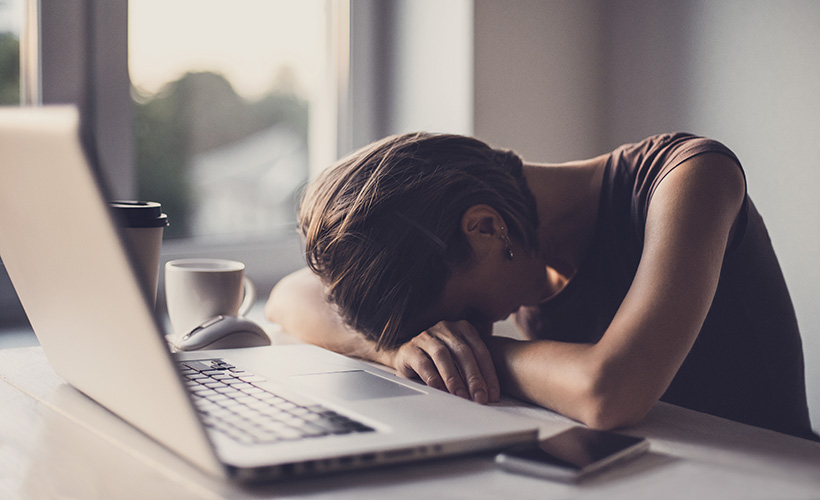

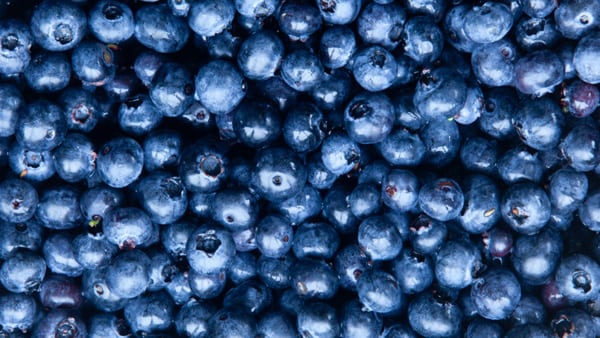
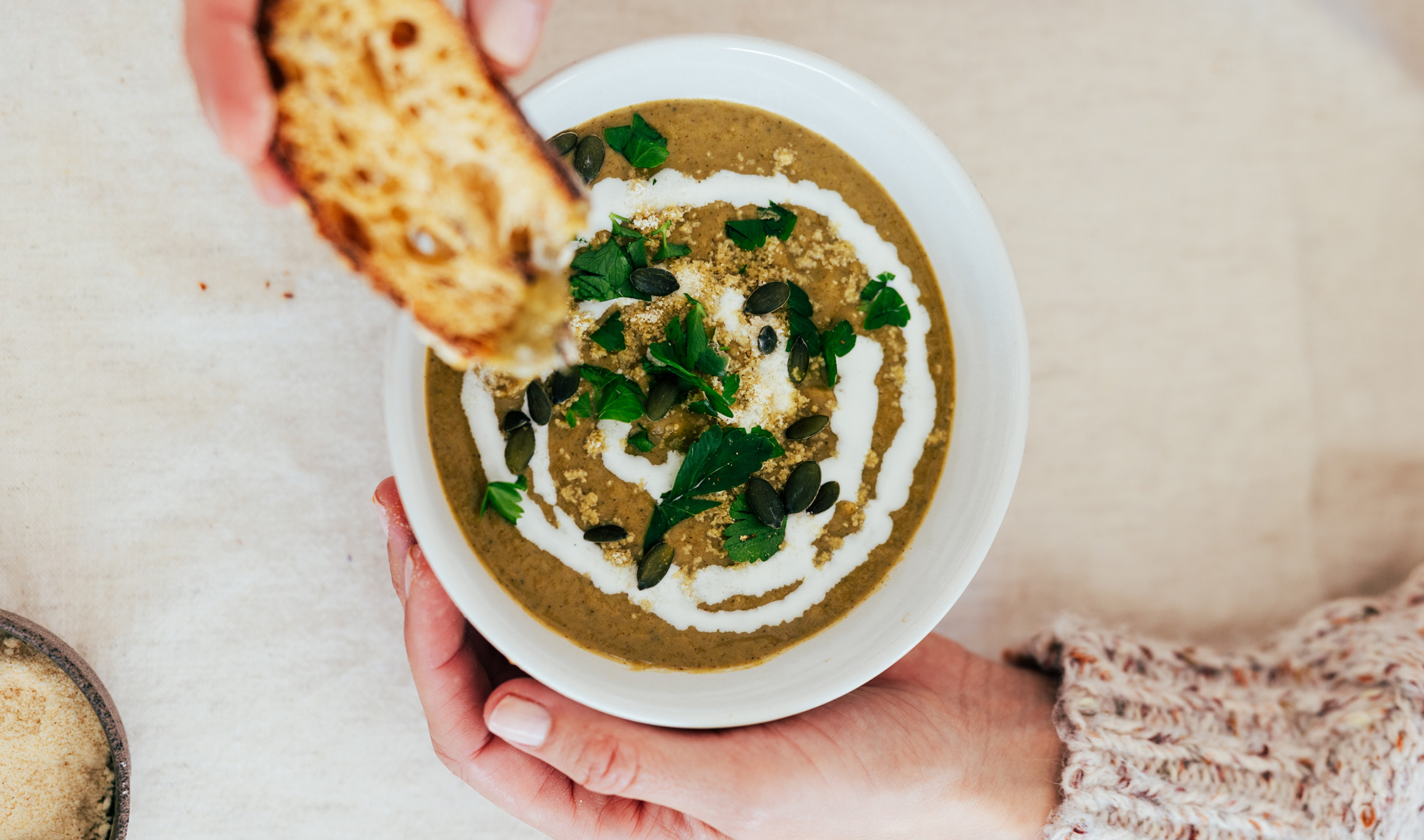

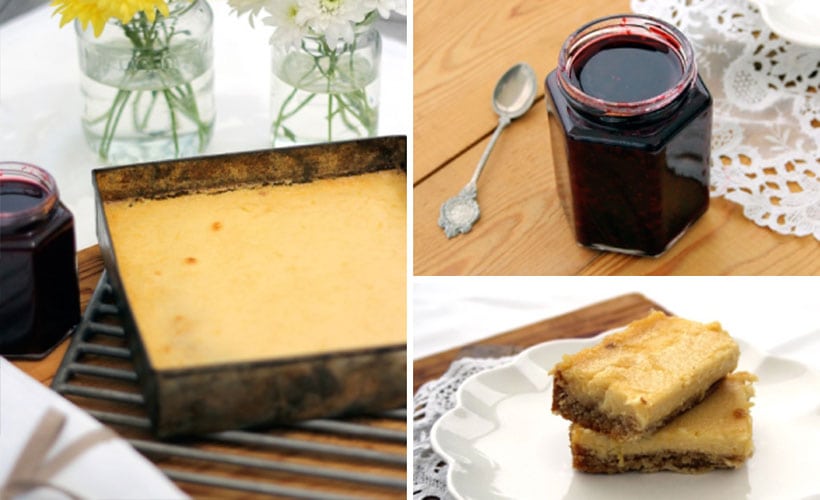




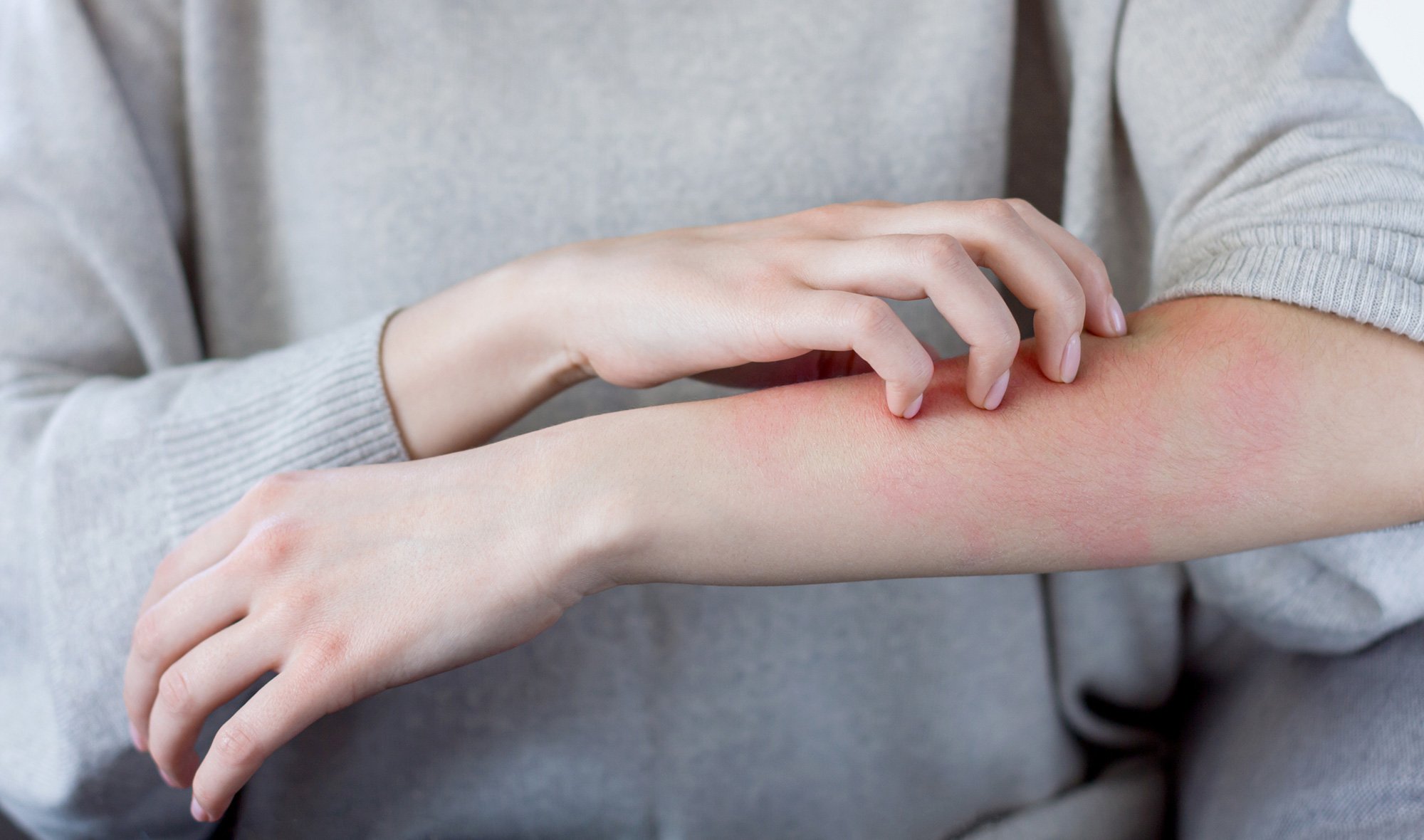

Community